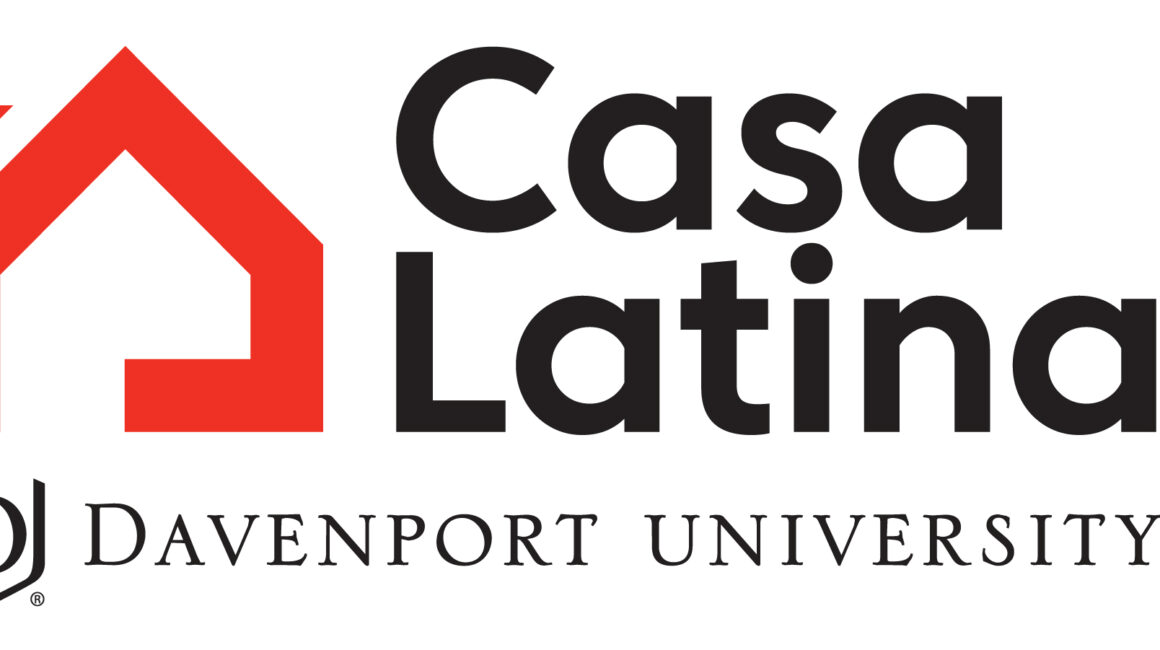
Do you work in a cyclical industry? Chances are, you answered yes. Today, few industries are fortunate to have a steady flow of work throughout each quarter of the year. Construction is prohibited by weather, retail is seasonal by nature and education is less busy in the summer (although, shoutout to the teachers who are up late lesson planning in warmer months).
You can choose to coast through downtimes, or you can invest in your people and sharpen your axe. Periods of lull offer an excellent opportunity to try out the macro approach to time management. Simply put, the macro approach suggests that you not only proactively manage your peak periods, but also address the work cycle holistically. Taking charge of downtime assures your peak periods are less of a fire drill and more of a well-executed relay race.
Invest in professional development
Peaks are great, but a trough in workload is the right time for professional development courses. A specialized certificate, certification or soft skill development can round out your team’s abilities. What’s more, firms that offer comprehensive training programs enjoy a 218% higher revenue per employee (Association for Talent Development), meaning the training actually pays for itself. Head to Davenport’s Institute for Professional Excellence (IPEx) for targeted courses to cover any training needs.
Assess habits
Building new strategies is tough when you’re in the thick of it. During downtime, identify any negative patterns your team has fallen into and draft a new game plan. Perhaps you’ve become too lax on gathering customer feedback? Or, maybe it’s time to refocus energy on your best clients. Come together as a team and make a plan for your next peak phase. According to Salesforce.org, 86% of employees cite lack of communication and collaboration for workplace failures. Further, 99% of employees prefer a workplace where people identify and discuss issues truthfully and effectively.
Tackle the busy work
Macro time management means not only addressing larger projects, but keeping a pulse on more meticulous tasks as well. Use downtime to organize your finances, complete a friendly check-in with clients, update promotional materials or network. Depending on the industry, downtime can be crucial for completing tasks that maintain the health of the business. Not sure where to start? Turn to your project managers or polish off your own project management skills. These team members likely have the best grasp on the tasks you should address first.
Although we’d love to see business booming all 12 months, downtime gives us some respite. Use it wisely, and you’ll be well on the way to more productive peak periods.



No Responses